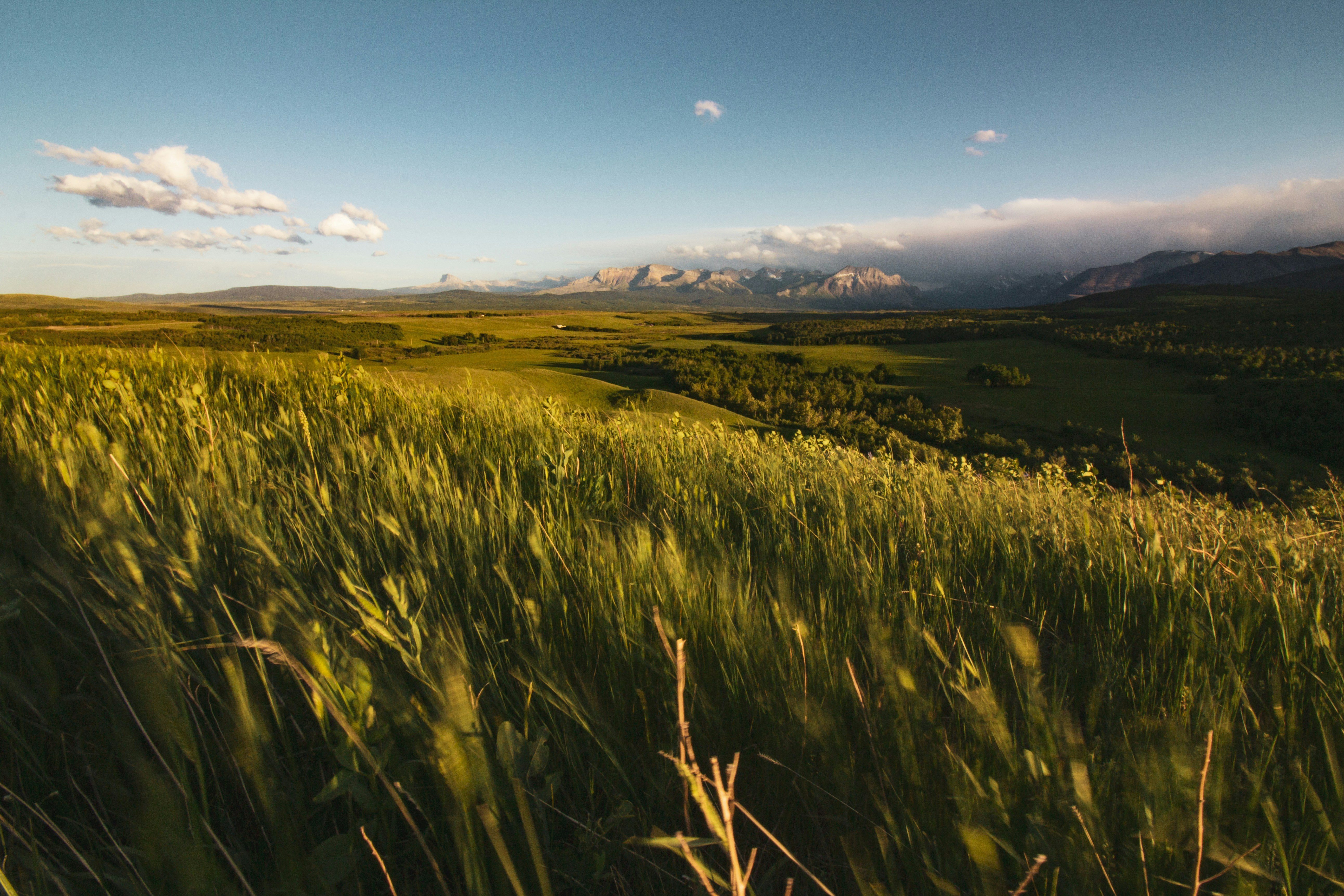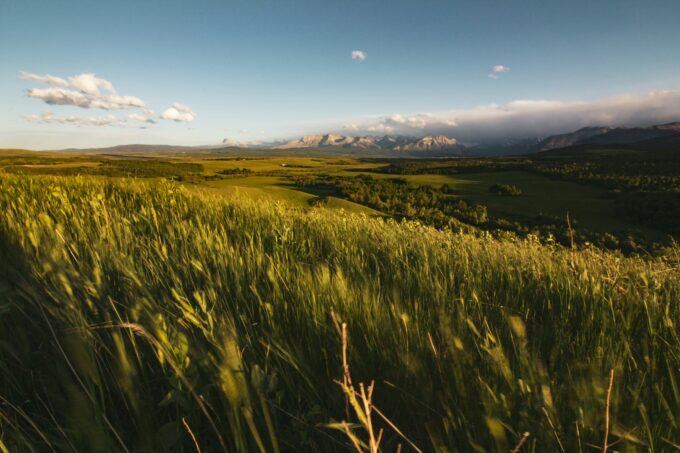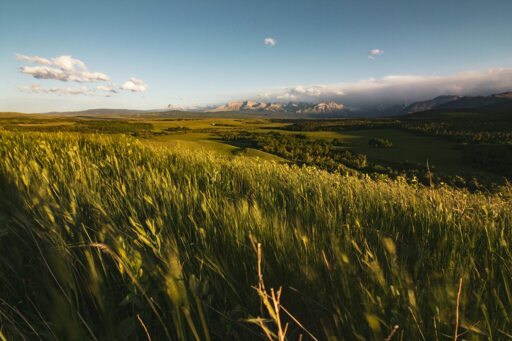

Image by Ryan Stone.
A tragicomedy in diesel, delusion, and democracy.
In the high silence of the Andes, where the air thins to a whisper and the earth itself seems to remember older empires, there lies a nation haunted by the sound of waves it can no longer hear. It once possessed a coastline — a sliver of blue infinity stitched to its western hem like a divine indulgence. Then came the diplomats and the drillers, the wars wrapped in ledgers, and the cartographers tidy knives. Before anyone realized, the sea was gone — not with the violence of a storm but with the bureaucratic calm of a bank transfer.
And yet, even now, the highland people remember the ocean as one remembers a lost love — through rumors, relics, and dreams. In the plazas of La Paz, an old mariner appears from time to time, a spectral veteran who smells faintly of brine and carries a telescope and a broken compass that spins endlessly, loyal to confusion. They call him el Coronel del Desierto — the Colonel of the Desert. He claims to have once sailed ships across the Pacific, though no one can agree whether he is a ghost, a liar, or the last honest man left in the Republic. Children listen wide-eyed to his tales of sea monsters and salt breezes, and their mothers hush them, fearing that belief might reopen old wounds.
It is said that on certain nights, when the moon is full and the mountains gleam like ancient bones, el Coronel walks to the edge of the Altiplano and raises his telescope to the west, searching for the ocean that politics misplaced.
And maybe that’s how it began — the contagion carried on that ghostly shimmer. The dream of the sea drifted north, crossing borders as easily as capital, whispering its promise of stolen freedom and easy blame. By the time it reached the frostbitten prairies — the continent’s cracked reflection — it had changed shape, but not its essence.
Now, far from the Andes, another dreamer lifts his eyes to an imagined horizon. Alberta, that inland dominion of pumpjacks and performative grievances, gazes toward its own imagined shore — not of saltwater but of sovereignty. Its prophets speak of independence as if it were a port city, of separation as a voyage toward freedom, though the map offers no such coast. Perhaps, in some strip club in Fort McMurray, a new Coronel del Desierto is rehearsing the same old fable: that a nation betrayed by geography might yet find salvation in its own reflection — if only it stares long enough into the mirage.
No one remembers when the madness began — only that one morning the prairies started murmuring about the sea. Alberta’s independence fever has haunted Confederation as long as Alberta itself, but this latest outbreak must have begun as a bad joke in a Red Deer bar, then spread through talk radio, Telegram channels, and the reptile cortex of social media. Alberta, landlocked queen of crude, began to dream of independence — the kind of dream that smells of diesel and nostalgia, so large and lonely it could only come from a place that’s never seen a tide.
They say it started with a petition — ordinary names scrawled in digital ink, demanding a referendum to ask whether Alberta should leave the country that made it rich and then made it bored. A bureaucratic hallucination dressed up as democracy. The signatures stacked like wheat bales: tens of thousands, though no one could quite agree what they were signing for — revenge, leverage, bathrooms, or just the exquisite thrill of rebellion before supper.
In Calgary and Edmonton, the think-tank prophets began to speak of sovereignty as though it were a new oilfield — untapped, infinite, waiting just beyond their dreamed of borders. Polls whispered that a third of Albertans were tempted. Not believers, exactly, but flirts — politically bicurious, swiping right on secession and then ghosting on Grindr. The rest watched, muttering that the whole thing was theatre, a hostage note to Ottawa written in Sharpie and narcissism.
The tone was half tragedy, half stand-up routine. “We gave the country its fuel, its riches” the old-timers grumbled, “and they gave us lectures about emissions.” You could taste the resentment in the air — thick as bitumen. Yet beneath the noise, a deeper ache thrummed: a feeling that history had stolen something. Not a sea this time, but dignity.
And somewhere in this vast inland ocean of wheat and oil, the ghosts of old Bolivian sailors must be laughing. They, too, once believed salvation lay in a vanished coastline. Alberta’s new captains — draped in oil money and bravado — squint toward an invisible horizon, certain that sovereignty will shimmer there like a mirage, waiting to be struck rich.
But the maps, as ever, refuse to change. The prairies remain landlocked, the pipelines still run have to run west — or south if swallowed up by the voracious Trump regime, and the sea keeps its distance. Only the dream sails on — half tantrum, half bedtime story — a reminder that in certain corners of the world, weaponized nostalgia is the most dangerous natural resource of all.
They say the prairie wind carries the scent of freedom and rebellion — but what it really delivers is the tang of crude and the hum of machinery used as hymnals. In that hum, you’ll hear the politics of a rich province that decided it was owed a sea it never had and a license it never earned. The machinery squeals its gospel: Ottawa is stealing from us.
And yet, the province remains chained — not to Parliament, but to an industry. The oil patch is the puppeteer behind the curtain. The playbill says “separation,” but the director is the fossil-fuel complex. Behind the slogans hums a simple arithmetic: every dollar rise in oil means hundreds of millions for the us; every dip means austerity, resentment, blame for you. It’s an addiction so vast it’s become theology.
The stagehands behind the prairie passion play are hardly shy. Premier Danielle Smith, self-styled Joan of Arc of deregulation, waves her Sovereignty Act like a censer, filling the air with fumes of righteous defiance. Her courtiers — the Free Alberta Strategy architects and their cousins at the Modern Miracle Network — whisper about liberty while cashing royalty cheques. The Pathways Alliance, a nefarious cartel of oil sands titans, preaches carbon capture as salvation and sends lobbyists to Ottawa with the fervor of missionaries, their hymnals stamped Cenovus and Suncor. Even the Fraser Institute, that old libertarian oracle of trickle-down revelation, hums its usual chorus: privatize, decentralize, sanctify the market. And the faithful nod along, convinced that “freedom” is just another extraction to be refined, bottled, and sold.
The faithful howl about Ottawa while kneeling before the 2.0 versions of King Nebuchadnezzar’s Baba Gurgur. They preach freedom while the rig lights flicker like votive candles on the altar of dependency. Norway built a fortune from its oil and banked it for its grandchildren; Alberta built a mythology and handed the profits to the few. And now, as the world turns away from fossil fire, the old priests of petroleum are passing the collection plate again — this time in the name of independence.
The pundits call it sovereignty, but it’s self-hypnosis — a fever fed by oil money, American think tanks, and the ghosts of every boomtown preacher who ever promised salvation by the barrel. Their followers, dazed and loyal, mistake the roar of the pipeline for the sound of surf.
So here they stand, a province sitting atop one of the richest reserves on Earth, insisting it’s the victim of some distant, bilingual tyranny. The wells pump, the politicians posture, and the dream burns bright as a flare stack against the northern Albertan sky. But you cannot build a nation on exhaust fumes, and you cannot sail a sea made of oil. The tide they long for will never return — only the slow, shimmering flood of their own reflection.
They say el Coronel del Desierto finally left the Andes when his stories stopped paying the rent. He hitched a ride north on the fumes of globalization, crossed a few bad borders, and ended up in the badlands of Alberta, where the wind smells of gasoline and broken promises. He arrived with nothing but a telescope and a cough, muttering about the sea. The locals thought he was a prophet or a lunatic — which, these days, in this place, is a distinction without a difference.
Now he wanders the strip-mall cathedrals of the prairie, preaching to men in trucker caps and resentment, to oilfield roughnecks who mistake exhaust for incense. They nod along, eyes shining, as he tells them about the ocean that was stolen — by bureaucrats, by liberals, by some cabal of city devils who never got mud on their boots. They love that part. They know that tale by heart.
At night he drinks rye in motels with flickering neon and tells anyone who’ll listen that he once commanded a navy. The bartender doesn’t believe him but keeps pouring; it’s good business. Outside, the rigs kneel and rise in mechanical prayer, and the prairie hums with the same grievance like a church organ that only plays one note.
This is the gospel of our age: rage without compass, rebellion without memory. It moves across borders like an oil slick — thick, glistening, poisoning every reflection it touches.
And somewhere in that glare, el Coronel del Desierto stands again. He has traded the Andes for the plains, the Pacific for the illusion of another sea. He raises his telescope to the west, searching for the shimmer of salvation beyond the pumpjacks, beyond the pipelines, beyond the lie.
But the only tide that comes is the wind — cold, relentless, and empty of mercy.
He lowers the telescope. The crowd has quieted. Somewhere, a flare stack burns like a false star. The Colonel sighs — a sound old as empire — and for a moment, even the rigs seem to bow their heads.
Because they all know, in their bones, what he knows deep down: the ocean was never stolen.
It was sold.
The post “The Great Landlocked Rebellion” appeared first on CounterPunch.org.
From CounterPunch.org via this RSS feed


